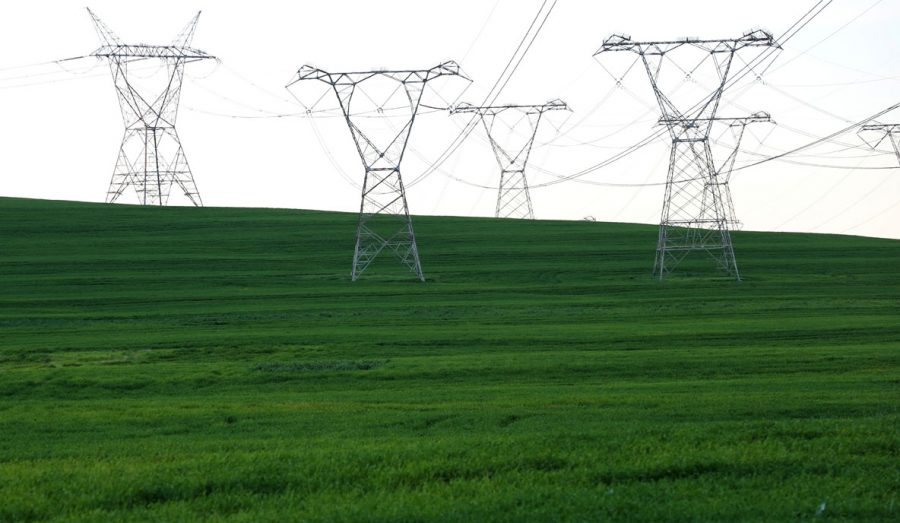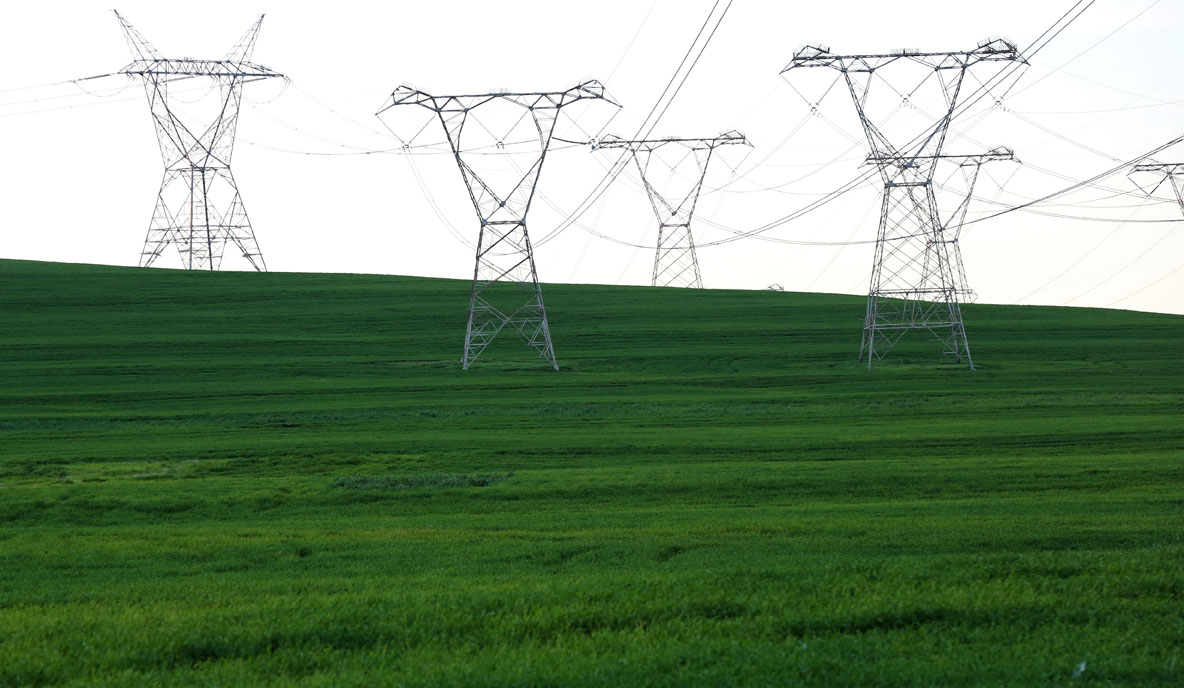
South Africa’s Eskom Considers Staff Cuts, Asset Sales After HUGE Loss
Eskom says it is considering cutting staff and selling assets after reporting a massive $171 million loss which reveals the gravity of its financial position. (In Rands, the company reported a shocking loss of R2.3-billion for 2017/2018 with almost R20-billion irregular expenditure.) The loss by South Africa’s struggling state-run power firm, which is Africa’s largest […]

Eskom says it is considering cutting staff and selling assets after reporting a massive $171 million loss which reveals the gravity of its financial position. (In Rands, the company reported a shocking loss of R2.3-billion for 2017/2018 with almost R20-billion irregular expenditure.)

The loss by South Africa’s struggling state-run power firm, which is Africa’s largest public utility, comes after years of being embroiled in corruption scandals under former President Jacob Zuma.
In the last ten years there have been six boards and 10 CEOs; and the national power utility narrowly avoided a liquidity crunch early this year after banks halted lending.
Zuma has denied wrongdoing.
The company is critical to South Africa. It supplies more than 90 percent of the country’s power, has around 270 billion rand ($20 billion) of state-guaranteed debt and is often cited as a threat to South Africa’s credit ratings, which hover on the edge of junk status.
Cash-strapped Eskom has also become one of the most visible examples of the effects of corruption at state-run companies in South Africa, as a pay dispute with unions triggered protests leading to a spate of rolling blackouts last month.
New President Cyril Ramaphosa is on a mission to clean up state run companies… and in January replaced Eskom’s entire board and top executives, in one of his first interventions since becoming leader of the ruling African National Congress (ANC).
“Eskom is undoubtedly facing one of the most difficult times in its history,” Eskom Chairman Jabu Mabuza told reporters. “We are not able to tell you today that all the skeletons are out.”
Eskom blamed the R2.3 billion loss for the financial year which ended in March on increases in financing costs and depreciation of assets like Kusile and Medupi, two massive coal-fired power stations which have suffered significant delays and cost overruns.
It also reported R19.6 billion of irregular expenditure and said it had 15.8 billion rand of cash at the end of March, down from 20.4 billion a year earlier.
Eskom’s new management is combing its finances from late 2012 in an effort to recover money lost through corruption. It has asked for criminal cases to be opened against some former employees and suppliers.
Chief Executive Phakamani Hadebe said Eskom had started discussions with the government about getting its staff numbers right, a veiled reference that the firm is considering cuts to its bloated 47,000 workforce.
Analysts have long called for Eskom to take action to reduce ballooning staff costs, and Eskom Chairman Mabuza said on Monday the company believed it had around one-third too many employees.

ASSET SALES
Eskom executives also said they were looking at whether to sell non-core assets to shore up the firm’s balance sheet.
ANC sources told Reuters this month that Ramaphosa had secured the backing of senior figures in the ruling party for steps to boost private investment in the power supply industry, including by selling off non-essential parts of Eskom’s business.
Eskom has already announced plans to sell a mortgage lender it owns.
“We are busy with the process of optimising our balance sheet,” Chief Financial Officer Calib Cassim said, warning that high financing costs would continue to drag on Eskom’s bottom line in the 2018/19 financial year.
Cassim added: “We are leaving all our options open.”
($1 = 13.5152 rand)
(Editing by James Macharia, Kirsten Donovan and Jenni Baxter)
South Africa's national electricity utility @Eskom_SA has reported a loss of R2.3bn for 2017/8, with a qualified audit & R19.6bn irregular expenditure, one of the consequences of Zuma/Gigaba/Brown's destruction of governance: 6 boards & 10 CEOs in 10yrs. The clean-up continues pic.twitter.com/6L409EKF3p
— Anton Eberhard (@AntonEberhard) July 23, 2018
This is almost beyond comprehension: Eskom’s irregular expenditure amounts to R20bn… just shy of the additional R23bn the 1 percentage point VAT increase will yield for the state. #EskomResults
— Ryk van Niekerk (@Ryk_van_Niekerk) July 23, 2018
